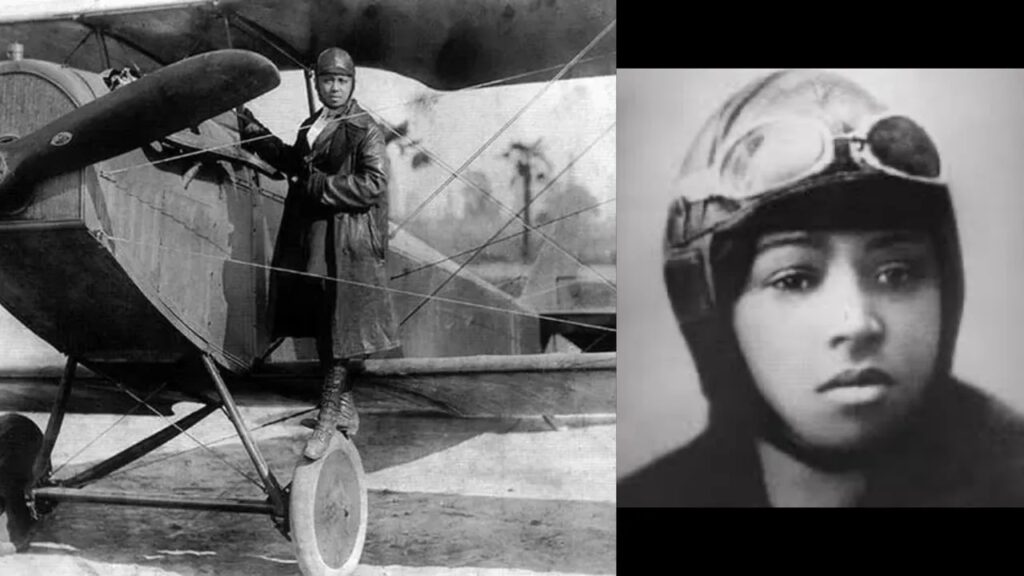Bessie Coleman, the first African American woman to obtain a pilot’s license, accomplished a historic milestone in aviation history
Bessie Coleman’s journey from a modest upbringing in Texas to becoming the first African American woman to earn a pilot’s license is a story of determination, courage, and breaking barriers. Born in 1892 to a family with many siblings, Bessie was inspired by her brothers’ stories of women flying planes in France. Despite facing racial segregation and limited opportunities, she harbored a dream of soaring through the skies.
Her path to becoming a pilot was not easy. In the early 20th century, aviation was still a predominantly male field, and racial discrimination was rampant. Undeterred, Bessie set her sights on France, where she learned that women could attend flying schools. Determined to pursue her dream, she learned French and saved up money for her journey.
In 1921, Bessie achieved her goal by obtaining her pilot’s license from the Fédération Aéronautique Internationale, becoming the first African American woman to do so. This achievement earned her the nicknames ‘Brave Bessie’ and ‘Queen Bess’ as she embarked on a mission to inspire others like her.

Back in the United States, Bessie faced significant challenges due to racial segregation. Denied opportunities to fly commercially or attend American flight schools because of her race and gender, she turned to stunt flying and aerial performances to finance her passion for flying. Despite encountering setbacks and even a serious accident that left her with injuries, Bessie persevered, purchasing her own plane and continuing to push boundaries in the male-dominated aviation industry.
Bessie’s fearless spirit and daring air tricks made her a celebrated figure, challenging stereotypes and inspiring African American women across the country. Tragically, her life was cut short in 1926 during a test flight when a wrench became lodged in the engine, causing the plane to lose control. Without a proper safety evacuation system, Bessie was unable to escape, and she lost her life in the crash.
Although her time on Earth was brief, Bessie Coleman’s legacy continues to inspire generations of aviators and trailblazers. Her determination to pursue her dreams in the face of adversity, along with her courage and resilience, paved the way for future generations of African American women in aviation. Each year, pilots honor her memory by flying over her grave, a testament to the enduring impact of her remarkable life and achievements.
Repurposed article originally published in She The People.









